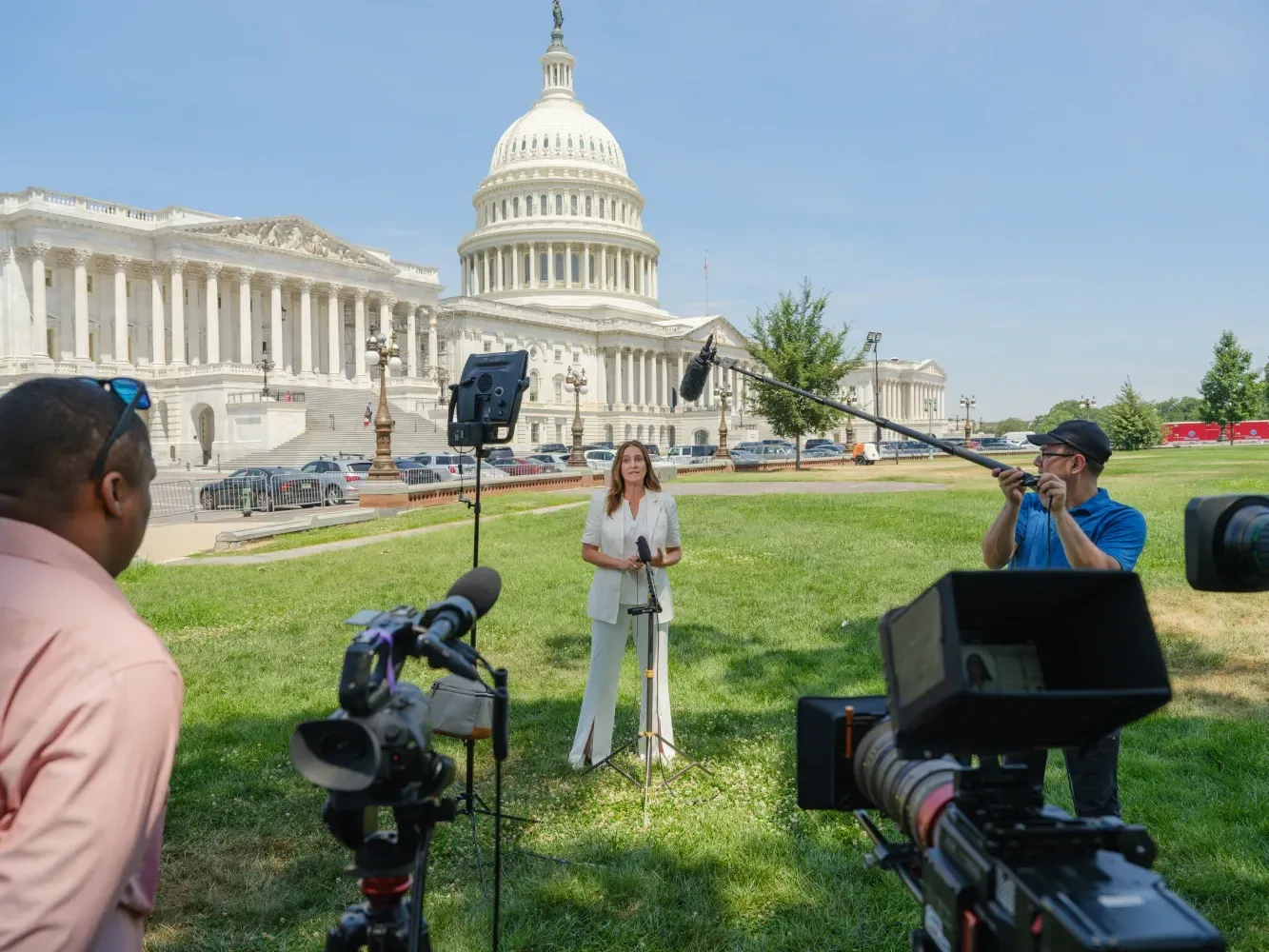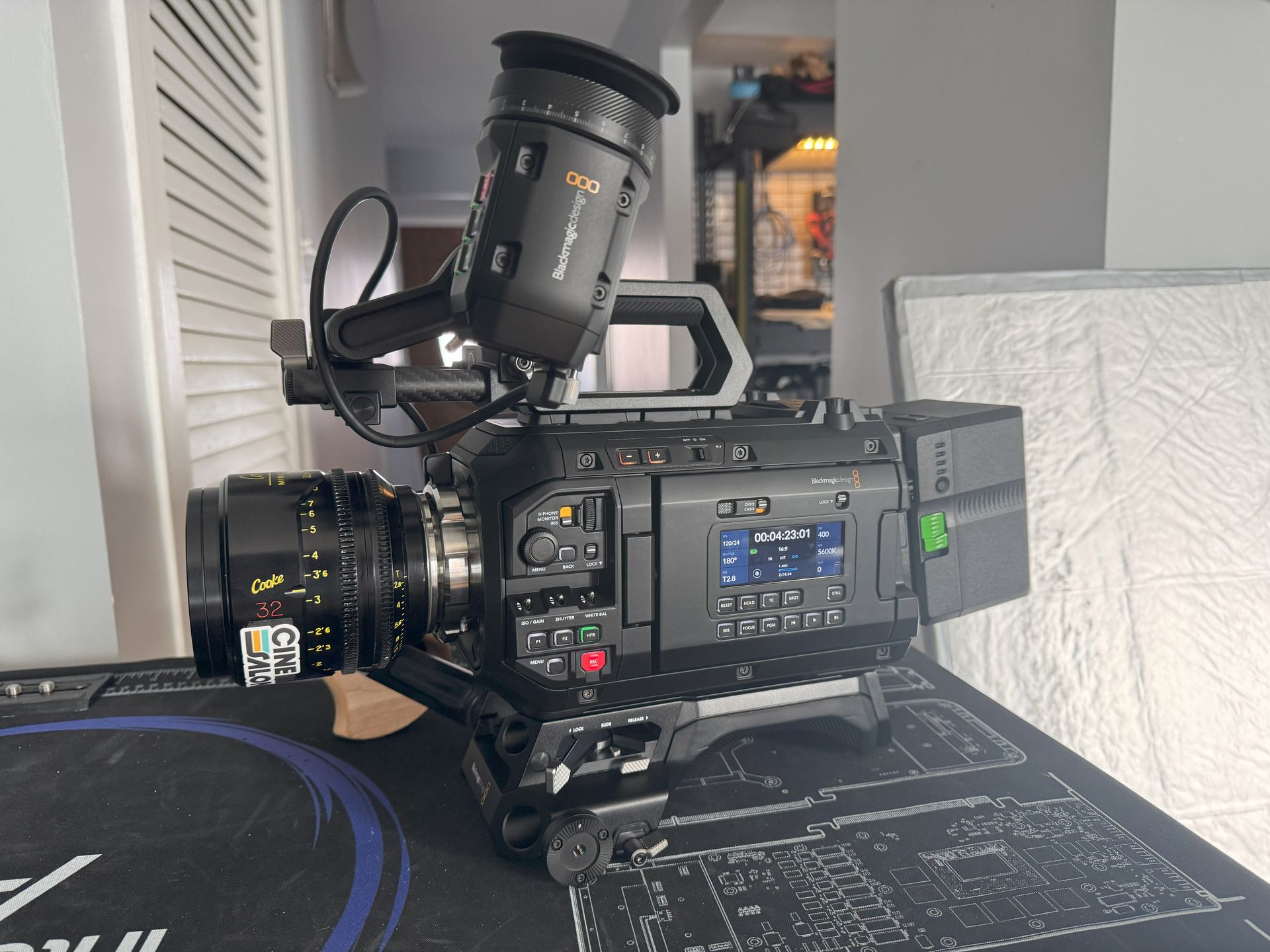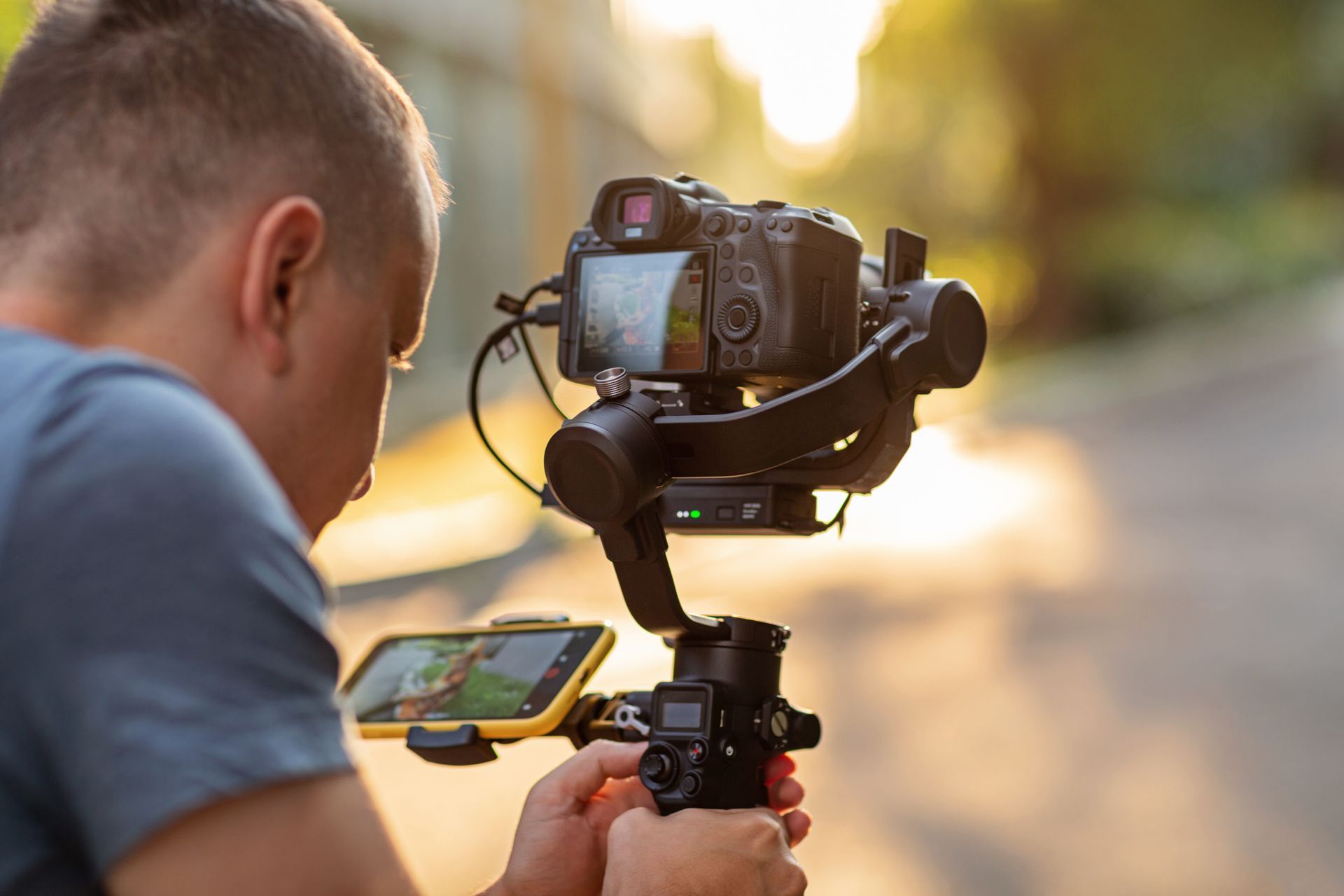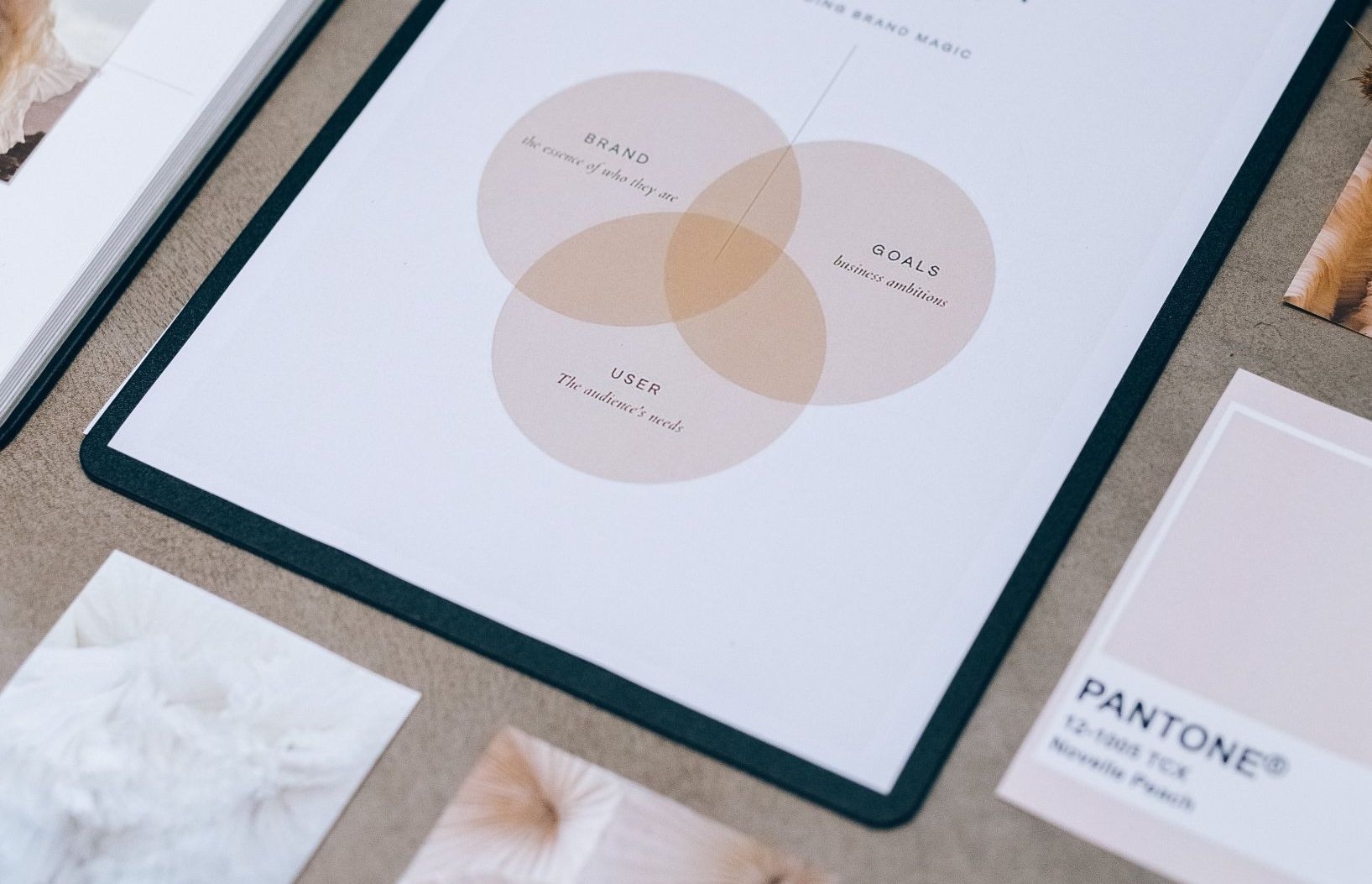
Have you ever heard the idea that a company is a person? That is because companies are considered legal entities. They have legal rights like actual people. Even though it is just a business, a brand identity is essential to a successful marketing strategy.
Consider how you feel about Coca-cola or your favorite beverage. Observe your sense of affinity toward Disney or another favorite media brand. These companies could generate such feelings in you due to the brand archetypes.
What is a brand archetype?
A brand archetype is a character/personality a company assumes when creating an advertising or marketing campaign. The company takes on the chosen personality to create its marketing strategy and brand voice. Brand Archetypes prevent a company from seeming unfeeling and greedy. Customers feel connected to a brand because of its personality, which it presents to the world.
Brand Archetypes in modern times come from Carl Jung's theory of Archetypes. According to this renowned psychologist, human beings are naturally archetypal. Certain character traits are already part of our psychological and biological makeup. These traits influence how others approach us and how we approach the world around us.
Considering this theory, it is easy to see that the brand archetype is a fundamental part of branding. It is essential to every business's marketing plan and processes.
Types of brand archetypes
According to Carl Jung's theory, here are the types of brand archetypes:
- The Everyperson
- The Rebel
- The Trickster
- The Hero
- The Innocent
- The Explorer
- The Creator
- The Ruler
- The Caregiver
- The Magician
- The Lover
- The Sage
The Everyperson
The Everyperson archetype presents personality traits that exist in everyone. Regardless of age or gender, every person can relate to this archetype. Think of a brand that everyone uses, such as IKEA or eBay. These brands use this archetype as an intentional marketing strategy. The goal is to make everyone feel they can approach and use its products.
The drawback of the Everyperson archetype
It is not ideal for niche companies or businesses that offer unique products/services. If your company's product is for anyone with no special demographic, this branding style can be a good fit.
The Rebel
Unlike the Everyperson, this one is not intended to appeal to everyone. Instead, it targets a particular niche crowd. The Rebel archetype defies the norm. It clashes with the status quo and makes room for the outcasts.
Consider brands like MTV or Harley Davidson. Parents are wary of these brands because they seemingly encourage dangerous living. They seem to promote living differently from the norm.
The drawback of the Rebel
Targeting a Rebel audience can attract hyper-niche groups. These groups can use your brand to make their voice heard. A great example is when 4Chan, an unfamous anime forum, gave rise to political sub-groups. Such situations can cause divisions within your customer base. Therefore, when considering this branding, be sure you
are prepared to tackle such problems if they arise.
The Trickster
Have you ever seen an intentionally silly ad for a product/service? The company's branding tactic could be the Trickster archetype. Some call it the Jester. Examples of brands using this archetype are Old Spice and Ben and Jerry. These brands portray light-heartedness. The Trickster archetype presents a humorous personality, enabling businesses to show their childish side.
The drawback of the Trickster
Using this branding style requires a lot of thoughtfulness. Not everyone finds the same joke funny. You have to avoid coming off as insensitive or trying too hard. Both are equally off-putting. So it involves much thoughtfulness and creativity.
The Hero
Companies want you to feel like they are saving you when they use the Hero archetype. An example of a company using this branding style is Duracell, whose goal is to power the world. Another is Nike, which inspires us to "Just do it." A Hero ad stimulates. It makes you feel brave and bold after watching.
The drawback of the Hero archetype
If done right, a Hero ad can achieve extraordinary success. However, it isn't easy to inspire people without the proper resources. It is easy for the ad to come off as forced and cliche. Not everyone can be a hero.
Here's Nike's "Dream with Us" ad showing the Hero archetype.
As shown in the video, Nike is fearless of big goals. In the ad, Nike tries to inspire women worldwide to be bold to dream and achieve their dream.
The Innocent
You may have often seen a Coke commercial on TV or the internet. Regardless of the details in the ad, it always portrays the idea of innocence and friendliness. The reason is that Coca-Cola uses the Innocent archetype.
Does your brand inspire hope? Do you wish to portray happiness? If so, the innocent archetype is the ideal branding style. Brands that use this style try to portray the idea of childish excitement and purity.
The drawback of the Innocent archetype
Using this archetype for branding entails ensuring it fits the target market. For example, it may not be ideal if your target audience is thrill-seekers. This archetype can appear dull and naive to them.
In the Coke ad, the major goal is to "spread happiness."
The video production value is relatively low because of the candid footage. Despite that, it strongly portrays the Innocent archetype.
The Explorer
Like the Rebel archetype, the Explorer also involves risks. It is ideal for businesses focusing on athletics, camping, and science. Examples of companies using this style are Lonely Planet and Jeep. These brands champion the idea of journeying to unknown places, irrespective of barriers, to see what they hold.
Drawbacks of the Explorer archetype
This archetype might seem like it could appeal to many. Especially in these times when a lot of young people keep traveling. However, over-popularity could lead to a saturated market. If your product seems ideal for this archetype, it is important to twitch the strategy creatively. The goal is to make it different from others.
In this summer ad, Jeep combines the Explorer persona with a Jeremy Renner campaign.
The celebrity adds some charm to the ad. But the main ingredient in this ad is the Explorer archetype. It encourages the audience to enjoy their summer by traveling and exploring.
The Creator
The Creator archetype is a personification of the creative spirit. It expresses imagination, a love for invention, and expressiveness. That's why the archetype is mostly used by companies focusing on children's products. Examples are Crayola and Lego. Their ads focus on promoting the idea that the right tools make anything possible.
Drawbacks of the Creator archetype
If your audience does not fall into a certain demographic, they may not be interested in creativity or imagination. The archetype is also not ideal for products designed to simplify the customers' life.
This Crayola ad shows the Creator archetype.
Rather than restricting children's creativity, Crayola seeks to increase its efficiency for all involved. The ad shows a kid using their "Doodle magic" to create and erase as many times as they want. This truly personifies the Creator archetype's spirit.
The Ruler
The Ruler archetype aims to portray a superior and stylish persona. Examples of brands using this archetype are IBM, Rolex, and Mercedes-Benz. These are all leading brands in their respective industries. Businesses seeking to establish themselves as premium, high-quality brands should use this archetype.
Drawbacks of the Ruler archetype
The one thing these brands have in common is the same thing that makes them so successful. They are all exclusive brands and cater to the upper class. Therefore, using this strategy requires a sizable budget. This archetype is not ideal if your business is a small-time startup. Consider the cost of living up to this branding. The company's image, products, and everything else must be upper-class.
Check out the ad below to see how the Rolex brand clearly personifies the Ruler archetype.
The video did not feature any voiceovers or characters. Yet it demonstrates Rolex's high standards. The brand is portraying itself as the "Ruler" of this industry.
The Caregiver
The Caregiver archetype embodies compassion when branding its products. This archetype is ideal for companies offering services that solve life's problems. Businesses that provide nurturing products or services can use this archetype. Examples of such companies are Johnson & Johnson and Emma Email Marketing. These brands use a helpful and compassionate voice to communicate with customers.
Drawbacks of the Caregiver archetype
While the Caregiver can do wonders for some brands, it is not ideal for companies seeking to personify edgy or cool. This archetype embodies nurturing, which could also mean safe. If a company is trying to portray dangerous living, there is better branding than this.
Watch this ad to see how Johnson & Johnson shows the Caregiver branding style.
The ad shows Johnson & Johnson cares about looking after its customers and their loved ones. They improved the product due to that. It displays the Caregiver's voice and personality.
The Magician
The Magician archetype personifies the idea of spreading magic. Great examples of companies using it for branding are Apple and Disney. Disney magic, which we see everywhere, is the foundation for this well-known marketing empire. As Apple is into technology, its approach is different. But it still embodies the same idea of magic. The brand seeks to change the world with its innovative products.
Drawbacks of the Magician
The Magician archetype inspires people to change/improve their lives. Whether through buying a new Mac computer or going on a Disney cruise. Be prepared to innovate if you use this branding archetype continuously.
Watch this video to see how Disney uses the Magician archetype.
The ad uses animation and live-action to emphasize the magic in its product.
The Lover
Companies that use the Lover archetype employ feelings and intimate moments in their branding. Examples of such companies are Victoria's Secret and Dove Chocolates. These companies use the Lover persona to gain customers' attention and familiarity. Such branding aims to encourage people to pamper themselves and be in touch with their romantic sides.
Drawbacks of the Lover
Unfortunately, this archetype is not suitable for essential products and services.
Using this archetype might be difficult if your brand offers a necessary product. The Lover archetype embraces indulgence. Therefore, the branding is mostly suitable for non-essential, self-indulgent products/services.
You have probably seen some romantic ads showing this archetype. But here's a documentary-style ad from Dove. Watch how they use the archetype in this video.
The ad maintains Dove's slogan - 'Choose Pleasure,' but there's more. It encourages people to have a purpose for choosing pleasure. This is a unique way to make this archetype more practical and friendly.
The Old Wise Person
Movies have taught us that we all need a wise elderly to guide us in our life's journey. The advertising world personifies this idea through the Old Wise Person's archetype. It is also commonly called the Sage. Examples of companies that use this branding archetype are PBS and Google. These brands encourage comprehensive knowledge and understanding.
Drawbacks of the Old Wise Person Archetype
As a brand, you risk taking yourself too seriously if you use this marketing concept. Think of this when developing the branding approach.
Here's a Google Duo commercial. It features the voice of Maya Angelou, reading her poem - "Love Liberates."
The ad perfectly personifies the Sage persona. It uses a thoughtful, serious tone to preach about love and connection through technology. In addition, Google made a smart marketing move by repurposing the film of the late Maya Angelou.
Final remark
Are you attempting to rebrand a long-established company? Or do you seek the best concept for your startup? There are several brand archetypes to choose from. Every archetype has unique character traits. They each also have their drawbacks and benefits. When choosing a brand archetype, consider the elements below:
- The company's mission
- The products or services
- Determine how you want people to perceive the brand
These elements go into a successful marketing campaign.
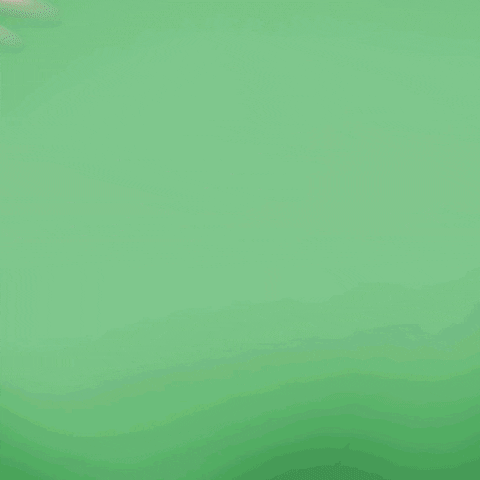
Get total clarity on your video marketing and paid media with our FREE comprehensive data audit.

